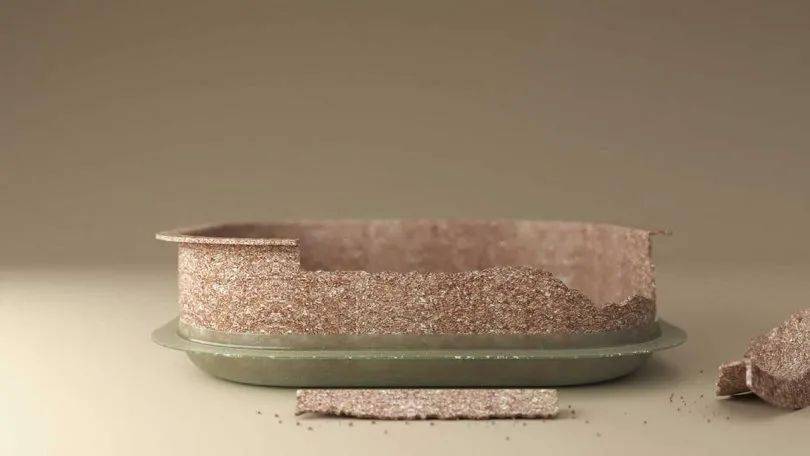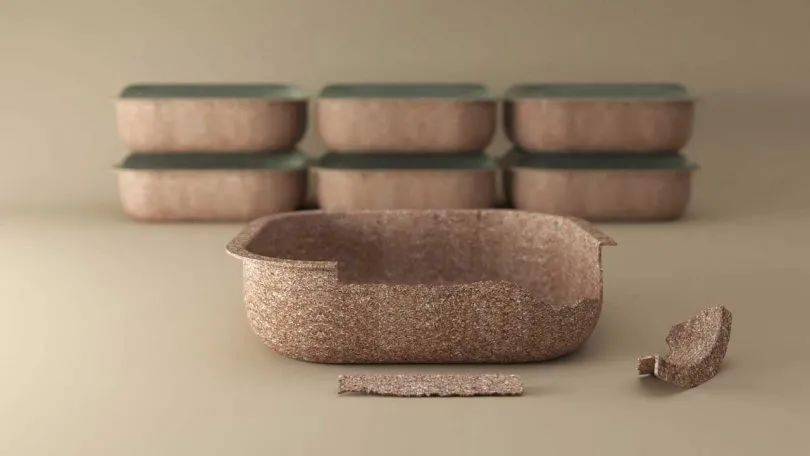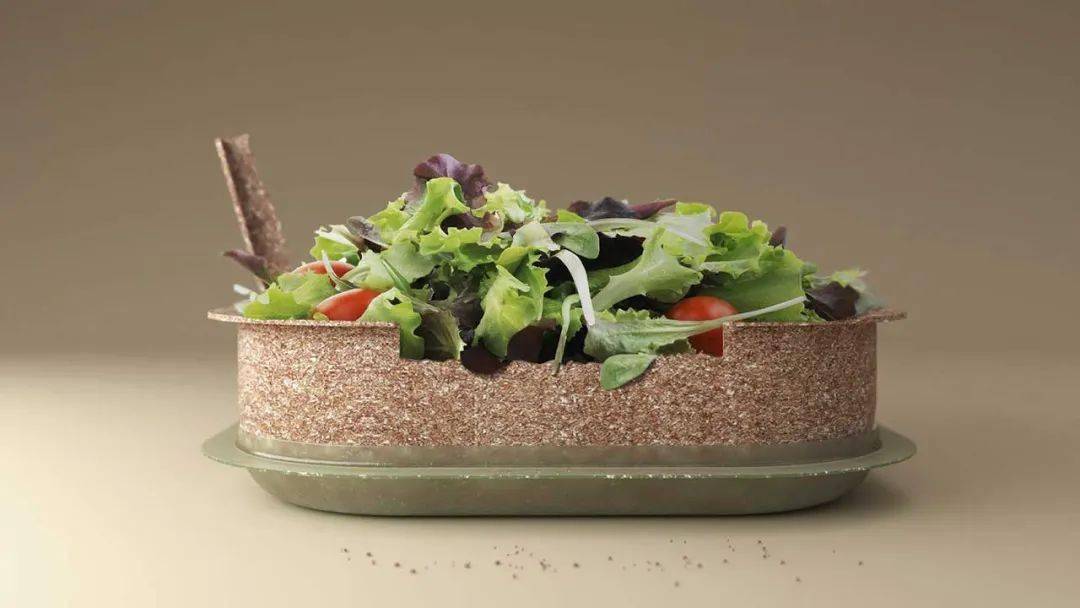Ting Sheng Offers the Best Salad Boxes and Lunch Boxes
The Singapore Design Council shares Forest & Whale's latest project, Reuse, officially launched in August 2021, to combat the use of single-use plastics in Singapore's food courts. Founded in 2016 by Gustavo Maggio and Wendy Chua, Forest & Whale is a multi-disciplinary design studio based in Singapore. They design products and spatial experiences with a focus on social and sustainable design and a passion for bringing circular thinking to products and systems through good design, ethnographic research and material exploration.
Their work has won accolades from industry excellence awards, including the Red Dot Design Award, the Japan Good Design Award and the Singapore Presidential Design Award. For the past year, Forest & Whale has been trying to change the convenience mentality ingrained in the throwaway culture. Currently, the studio is exploring compostable and edible materials to make takeaway containers to replace existing plastic versions. Plastic waste from single-use food containers contributes to ocean pollution, harms the health of our planet and puts pressure on waste management systems.
For cities with organic composting facilities, Forest & Whale designed an edible salad container that can also be composted with food waste, minimizing its end-of-life impact. The base is made of wheat husk and the lid is made of PHA (a bacteria-based composite material), and both can be composted as food waste without any special infrastructure or industrial composting facilities. If the material accidentally enters the ocean, it will completely decompose within 1-3 months, leaving no microplastics behind.
Post time: Jul-15-2022


